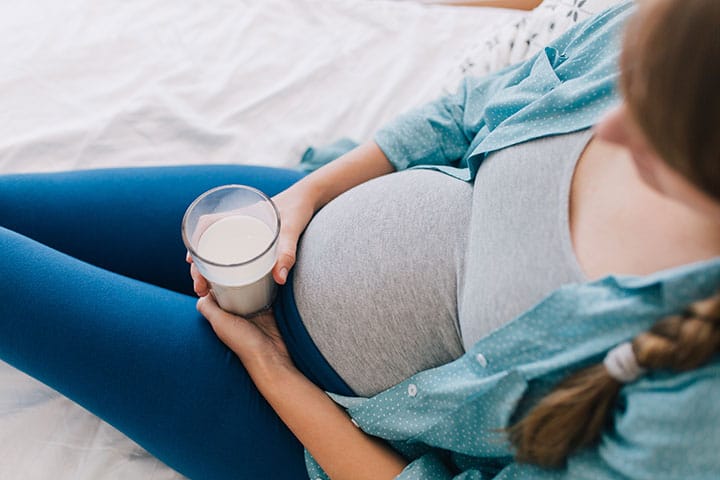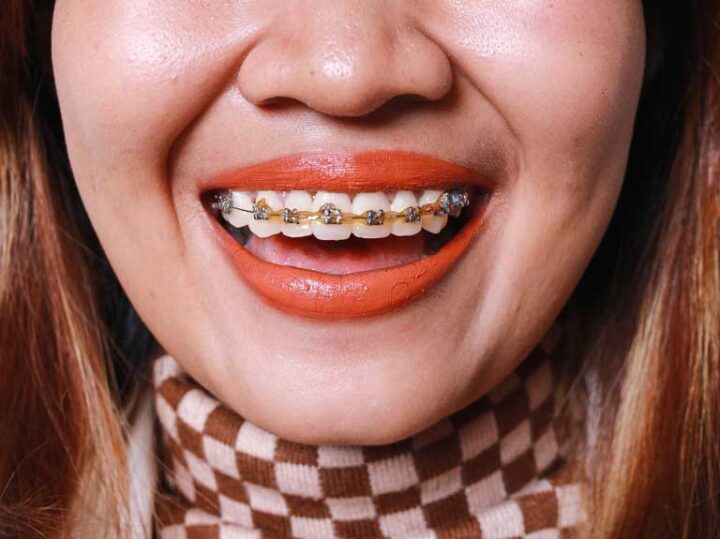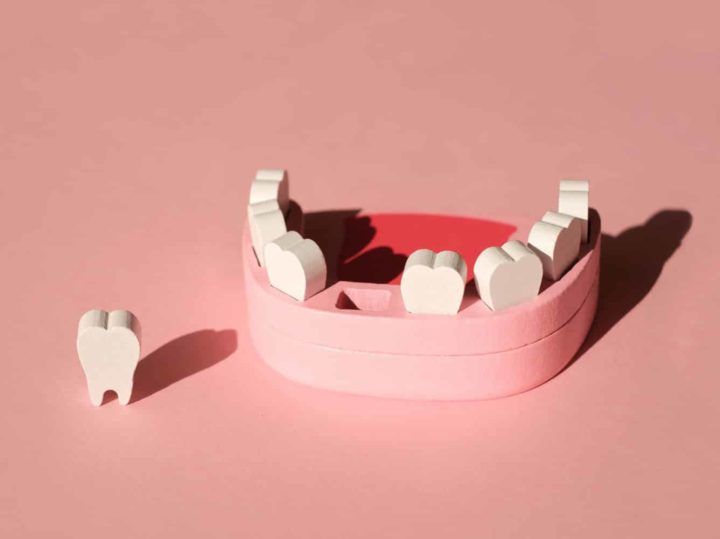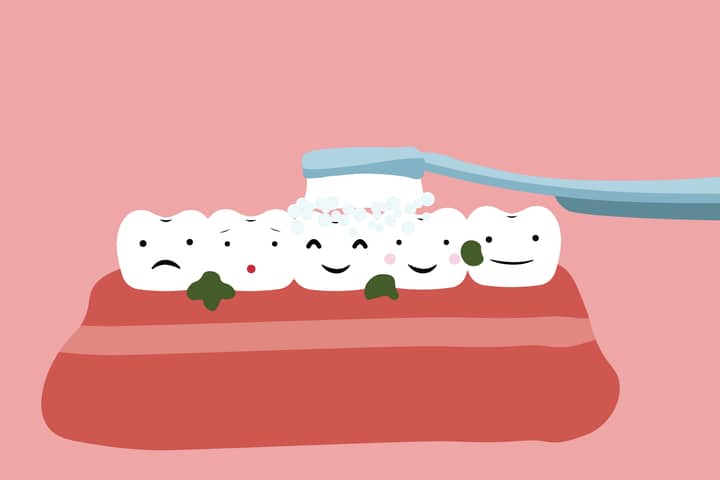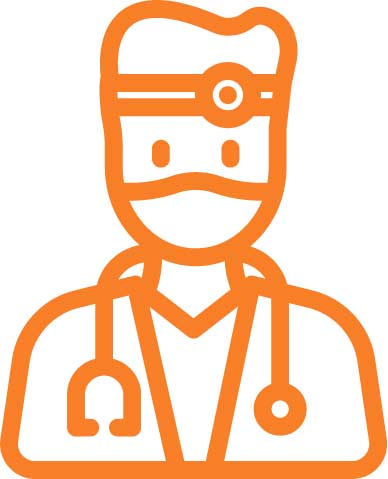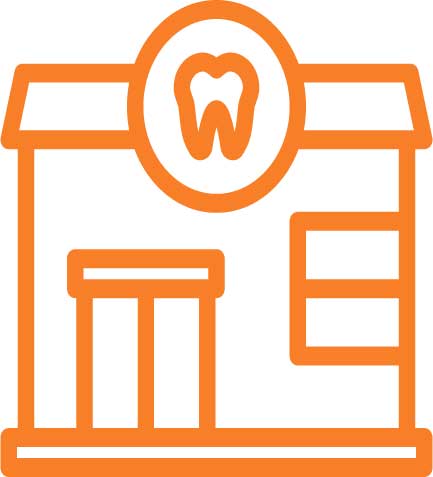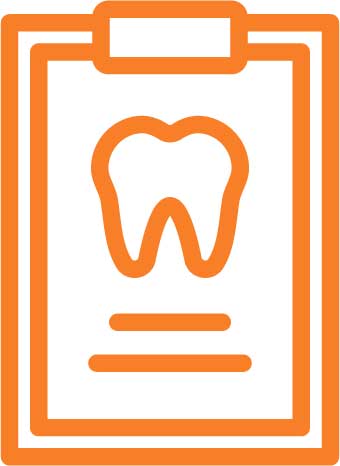During pregnancy the body experiences an increased level of progesterone and this makes your mouth more susceptible to the bacteria which cause gum disease. Gums are also more sensitive to plaque and have a heightened response to plaque accumulation.
The following tips will help ensure your teeth and gums remain in the best possible condition.
Before pregnancy
See your dentist for a professional cleaning, gum tissue examination and advice on any oral health problems. Further investigations may require x-rays which are best avoided during pregnancy (although the risk to the unborn child is minimal). However if you do have a dental emergency it would be safe to have an x-ray if necessary.
During pregnancy
Many women suffer from morning sickness, when the acids from the stomach can damage the enamel of the teeth. It is important to not brush immediately after vomiting as the mouth is in an acidic state. This means it has a low pH level. Brushing at this time can lead to more micro destruction of the tooth surface. Instead rinse well with water and leave your mouth for a short period of time while it returns to a neutral pH. Your saliva will help to buffer the acids and it is then safe to brush your teeth.
Always eat a healthy and balanced diet. Snack on fruit or dairy products rather than eating sticky or sweet foods. Dairy products, fruits and vegetables are also a good source of essential minerals which are needed for developing your baby’s teeth, gums and bones.
Visit your dentist for routine cleanings when plaque can be properly removed to help prevent cavities and gingivitis. Tell your dentist if you’ve noticed any swelling, redness, bleeding, sores or inflammation in your mouth. Oral infections may become systemic infections, which can adversely affect your baby. Research has shown a connection between gum disease in pregnancy and low birth weight babies, as well as premature labour. Postpone any elective dental procedures until after the delivery. The best time to see your dentist is in your second trimester when you are least likely to experience the nausea of morning sickness, and before the weight of your unborn child increases the discomfort of lying on your back.
After pregnancy
This can be a particularly vulnerable time for your teeth. Mums are usually sleep deprived, may not be eating well and generally don’t have time to look after themselves. In addition, it can often take several months after the birth for your hormones to settle down and for your oral health to return to its pre-pregnancy state, so it’s very important to remember to look after your oral health.

